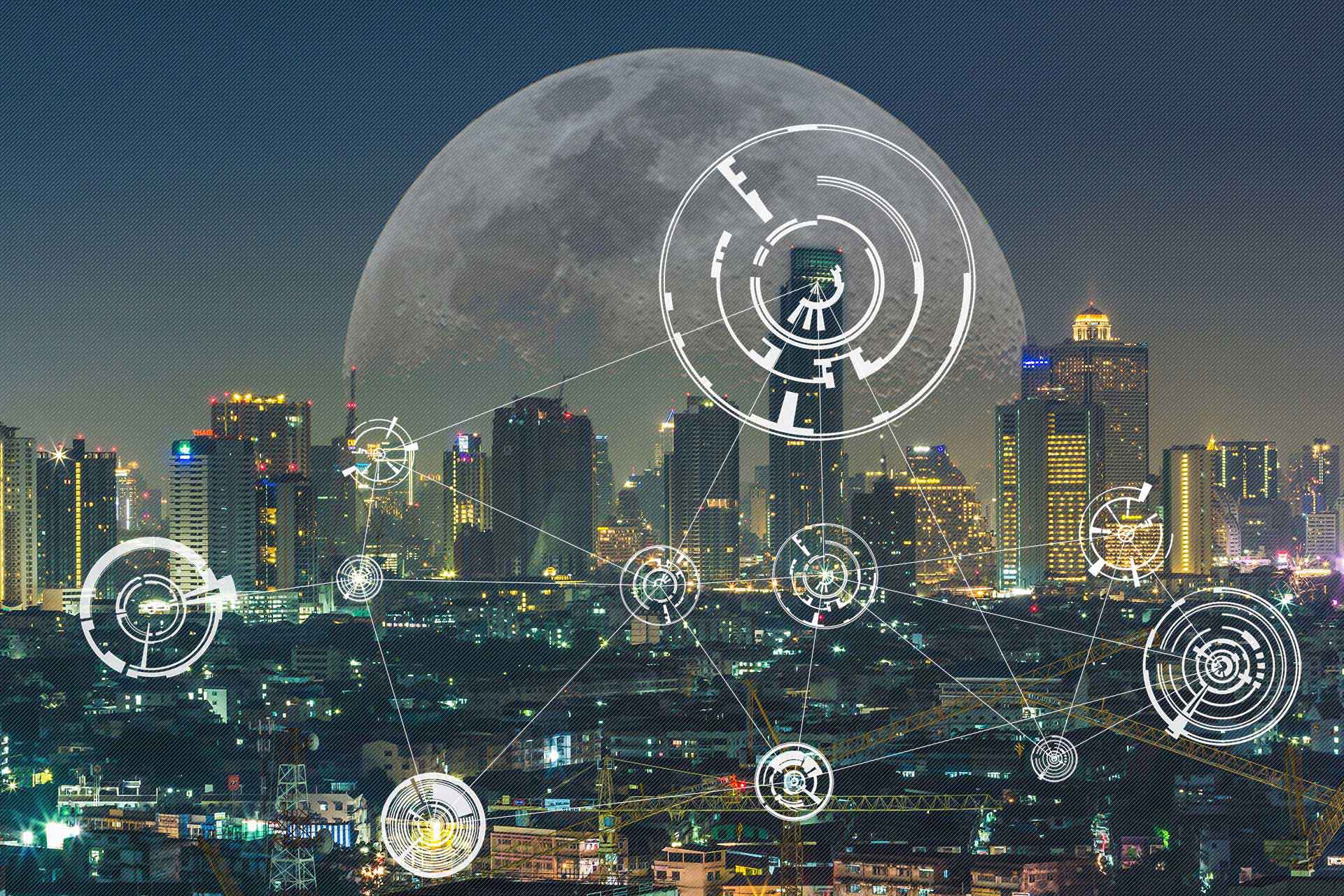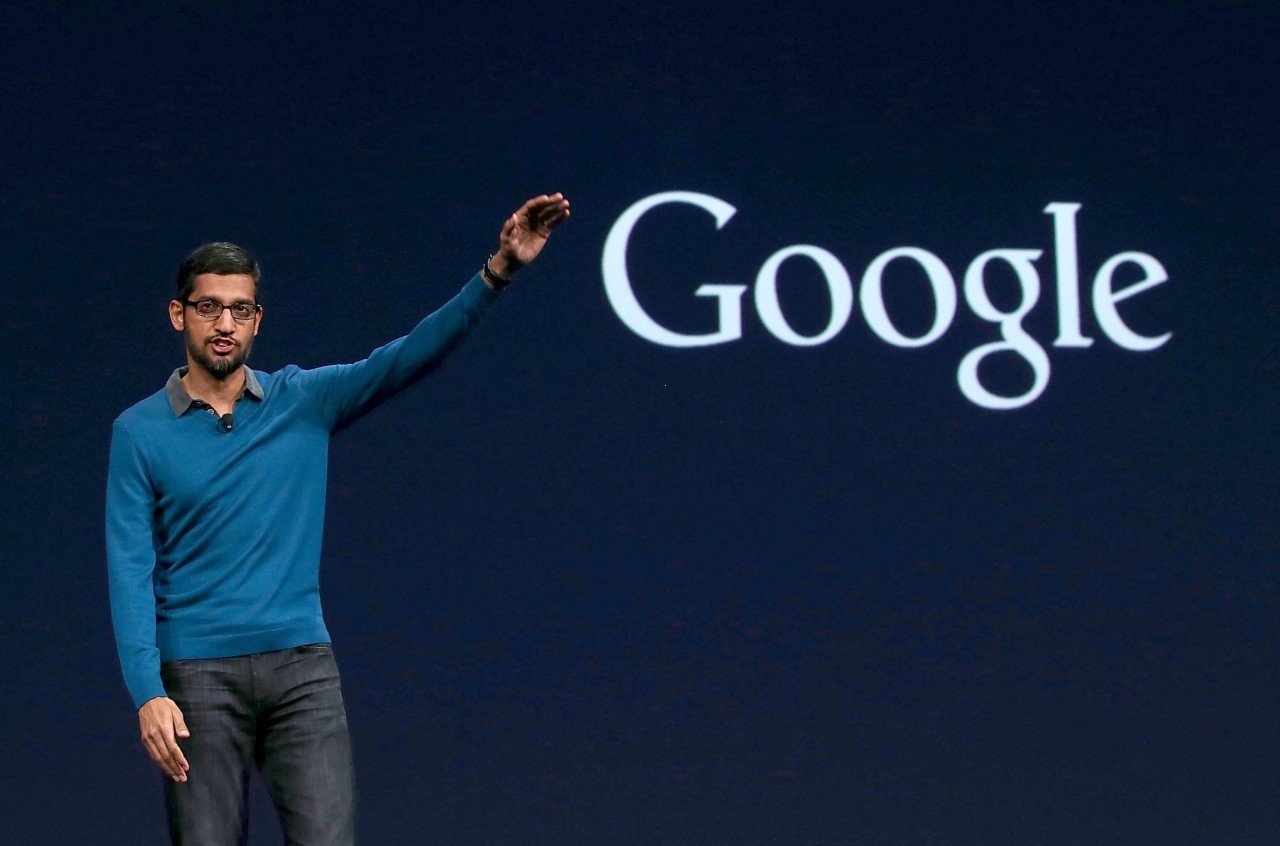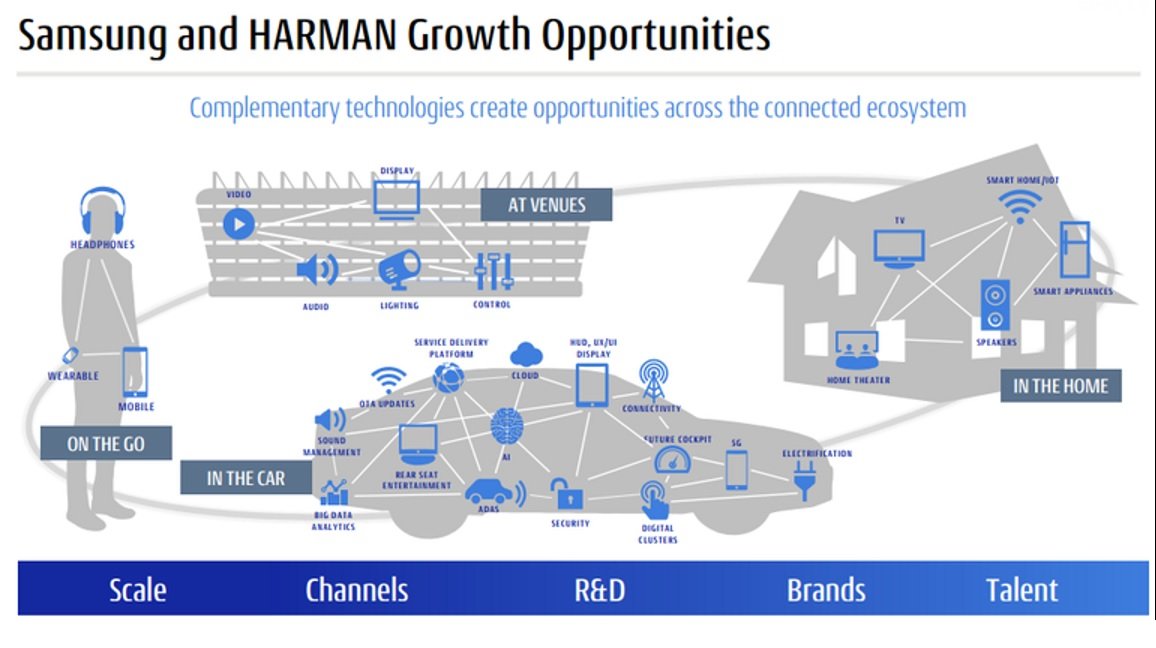The Internet of Intelligent Things: Google, Samsung, Microsoft, and the new battlefront
Advances in machine learning, natural language processing and neural networks have pushed Artificial Intelligence to the forefront of personal computing.

Roughly every ten years there's a shift to a new computing paradigm. The computer hardware and process optimization of the 80's gave way to the Microsoft-dominated software and productivity of the 90s. Google-dominated web-based information retrieval of the 00s yielded to the Apple-Android mobile duopoly and the warehouse of apps paradigm of the 10's.

The maturity of the web, intelligent cloud computing, advances in AI and the mobility of our digital experiences are setting the stage for the next shift to more ambient computing via the Internet of Things. By 2020 the number of connected devices is expected to triple to 34 billion (with a global human population of 7.5 billion).
34 billion devices will be part of the IoT by 2020.
Companies are investing millions in the next phase of computing, which will be a complex interwoven web of things powered by artificial intelligence. Microsoft CEO Satya Nadella expounded, "we want to bring intelligence to everything, to everywhere, and for everyone." Other tech companies share this vision.
If Microsoft, Google and Samsung have their way, the Internet of Things will be infused with intelligence that gets to know users and responds to them in very personalized ways. Investments in AI and IoT are leading to a future of decentralized or ambient computing, that departs from our smartphone-centric present.
Google has eyes on AI

Google's CEO Sundar Pichai recently stated he is on a journey from mobile to AI. This realigning of the search giant around AI is a testimony that Mountain View recognizes the paradigm shift taking place. Google's cloud investments, strength in search, and mobile dominance with Android provide them with a position of power on the AI front. As the leader in search, Google has a vast repository of categorized data that gives the company an advantage as the provider of information to users.
Furthermore, Google has the mindshare as the "go to" source when a user has a question. "Googling" something has become part of our common vernacular. Moreover, 20% of the searches in the Google app in the US are by voice.
Google wants to make Google Assistant available to IoT devices.
It is upon this foundation that Google has launched "Google Assistant" as every user's personal Google. Pichai boasted that the Assistant would get to know users over time and deliver a more personal experience. As a part of Google Home, Pixel (and other) smartphones, Allo Messenger and the IoT Google hopes that its Assistant will be a pervasive part of our lives. Google's developer advocate for IoT Wayne Piekarski wrote:
Get the Windows Central Newsletter
All the latest news, reviews, and guides for Windows and Xbox diehards.
We are also updating the Weave platform to make it easier for all types of devices to connect to the cloud and interact with services like the Google Assistant.
Finally, Google's purchase of API.ai provides developers (over 60,000 so far) a platform for creating bots for this new battleground.
Samsung's living with Viv and harnessing Harman

As the leading Android phone manufacturer, Samsung's Galaxy line dominates the market (despite recent troubles). Still, slim profit margins are even more problematic in a saturated smartphone market. Samsung's purchase of Viv and Harman reveal their vision beyond the smartphone.
Viv was a startup co-founded by the creators of Siri, with the mission to "breathe life into inanimate objects and devices in our lives through conversation." Viv creator Dag Kittlaus described how Viv, as an unbounded AI for the entire industry, would know users across devices:
He gave an example of a consumer buying a product, logging in, and having access to Viv and all of their personal information on the new device. He also explained Viv's unique capability of dynamic program generation or self-programming where the program understands and adapts dynamically to a user's intent. When asked if he'd sell the company to Facebook's Mark Zuckerberg before Samsung acquisition Kittlaus asserted:
Our goal for this is ubiquity. And we're going to follow the path to ubiquity. We've had acquisition offers in the past that we have not gone with…We're going to stay true to what we think is the right way to get to get to ubiquity. We're not going to predetermine what path that is, but we're determined to finish the job, for sure.
After the acquisition was announced, Samsung SVP Jacopo Lenzi said Viv will continue to operate independently, but in support of, Samsung's vision.
Kittlaus is excited about the 500 million devices Samsung ships yearly and is committed to keeping Viv an open platform to enable growth at the global scale he envisions. Though, many consumers are excited about the Viv-powered assistant destined for the Galaxy S8, the bigger picture is Samsung's broad vision for an AI-infused IoT.
Furthermore, Samsung's purchase of Harman gives Samsung's AI an immediate platform in cars.
Final Thoughts
I've written in detail about Microsoft's AI and bot vision and a democratized Cortana. Redmond's hopes to be the platform for an AI-infused world exist within a very competitive space. Low-cost ARM PCs as part of Microsoft's Home Hub vision, a cohesive family of Windows 10 devices and the release of the Cortana SDK may positively affect Redmond's IoT fortunes.

Finally unlike Cortana, Google Assistant, and Samsung's coming assistant, Apple's Siri SDK will not (yet) be infused as broadly within third-party devices as a democratized AI. How will interaction with rival AI that facilitates a user's digital experience in a world where computing is more ambient affect users committed to Apple's ecosystem?
There is a leader during each computing paradigm. Microsoft led the PC revolution, Google the web, and Apple in mobile. Who will lead on the Internet of Intelligent Things?
Jason L Ward is a columnist at Windows Central. He provides unique big picture analysis of the complex world of Microsoft. Jason takes the small clues and gives you an insightful big picture perspective through storytelling that you won't find *anywhere* else. Seriously, this dude thinks outside the box. Follow him on Twitter at @JLTechWord. He's doing the "write" thing!

